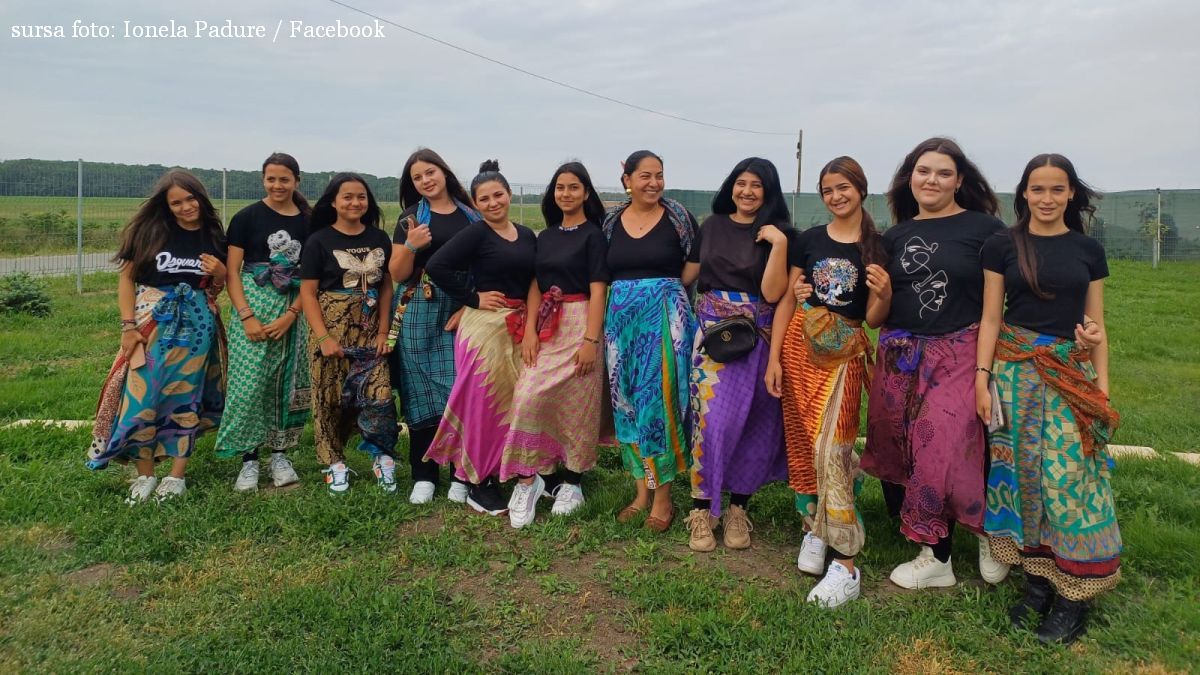New Report on Immigrant Integration

Monica Chiorpec, 01.07.2015, 13:58
The Centre for Research and Documentation for Immigrant Integration, in partnership with the Foundation for an Open Society, issued its barometer for 2015 under the European Community general programme for solidarity and the management of migrant flows.
The team coordinated by Camelia Mihalache divides the issues of migrant integration into 13 major categories, from freedom of movement to integration by obtaining citizenship. In order to obtain Romanian citizenship, a migrant has to reside in Romania legally for 8 years, or 5 if married to a Romanian citizen. Throughout that period, migrants cannot vote or run for office, cannot start a political party and cannot petition. Changing the conditions under which migrants can actively participate in political life, excepting the right to vote, which would require amending the Constitution, only requires a modern approach of the positive role of diversity in the life of a society. Here is Bianca Florea, researcher for the Foundation for a Free Society:
Bianca Florea: “Free movement is a first dimension of integration. It is about the right to come into and stay in Romania. To this end, three indicators were used: permissive conditions for entry and staying, free movement within borders and renewing residence permits for immigrants. In terms of evaluating freedom of movement, the score obtained for this dimension is one of the best, even though it is lower than last year. It is in third place, with 7 points, the maximum of 10 points being obtained by the public opinion and family reunion dimension. And in third place we have the dimension of free movement, accompanied by work and economic integration. As regards the first indicator, the permissive conditions for entry and staying, we must say that, in order to come into Romania or get a residence permit, a third country citizen has to meet a number of conditions. Some of those conditions are general, such as having a valid border crossing document, not being banned from entering Romania, not being a danger for the security of others. There are a number of specific conditions, which have to do with the purpose of entry into Romania, be it family reunion or education.
Compared to last years edition of the migrant integration barometer, due to a new executive order issued in 2014 certain categories of individuals no longer need a permit for employment, if they got a residence permit. This includes people who manage branches or representative offices of foreign companies on Romanian territory, but also people who come to Romania temporarily, for education. As for the anti-discrimination dimension, Daniela Tarnovschi, researcher with the Foundation for an Open Society, presented us with the results of the report:
Daniela Tarnovschi: “Romanians believe themselves to be tolerant, and accept migrants. As far as discrimination is concerned, our report used the definition in the law. We studied several indicators: observation of fundamental rights, the legal protection of foreigners against discrimination and effective policies for combating discrimination, and the fact that migrants do not feel discriminated against. Our assessment revealed that, as compared to 2014, there is a drop in the non-discrimination of migrants. The fundamental rights of migrants are being observed, but there are no mechanisms for implementing and monitoring anti-discrimination policies. In terms of the legal protection of foreigners against discrimination, there are laws against discrimination, but there is no legislation protecting foreigners specifically against discrimination, or this legislation is defectively enforced and not being used. In terms of effective integration policies for combating discrimination, the result is that there are no effective general policies for combating discrimination.
As for the access of foreigners to the entire set of support policies and social systems, Luciana Lazarescu summed up the results of the research made by the Foundation for an Open Society:
Luciana Lazarescu: “The dimension of well-being is in fact the foundation for all the other dimensions. We looked first of all at housing, both social housing, and the private market. We also analysed the migrants access to the social assistance system, and the two components of the social insurance system, namely access to health care and social insurance. Other important aspects in the paradigm of support services is the institutional collaboration, and, last by not least, the monitoring and evaluation of the impact of migrant programmes and services.
The evaluation of the well-being of migrants shows a score above the average of the other dimensions in the 2015 report made by the Foundation for an Open Society.






























